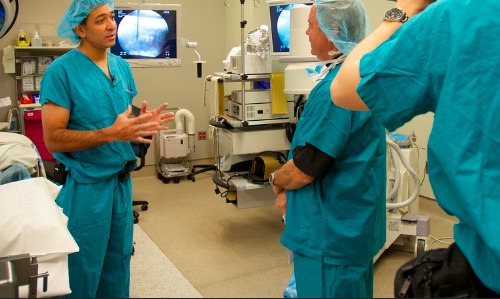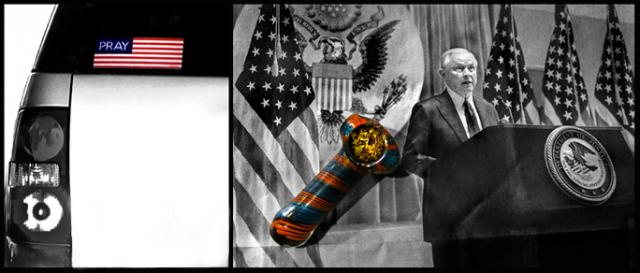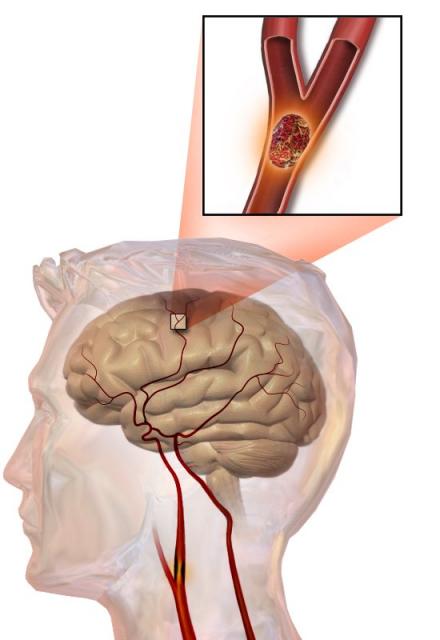 US Constitution, Article II, Section 2 on pardon power of the president: ‘The President shall…have Power to Grant Reprieves and Pardons for Offenses against the United States, except in Cases of Impeachment.’
US Constitution, Article II, Section 2 on pardon power of the president: ‘The President shall…have Power to Grant Reprieves and Pardons for Offenses against the United States, except in Cases of Impeachment.’
Whatever the truth regarding Deep State and Democratic Party charges of alleged Russian “meddling” in last year’s election (and I’m definitely in the camp that says there has been no hard evidence presented to show Russia hacked DNC emails), Donald Trump and his administration are now ensnared in a serious investigation by an independent prosecutor, former FBI Director Robert Mueller, into obstruction of justice and other crimes that could technically lead to indictments of Trump aides and to Trump’s impeachment.
But don’t forget: Trump has one unassailable power as president — the power to pardon — and I predict he will wield it.
The US Constitution gives a president the almost absolute power to pardon, including to pardon someone before he or she has been convicted of a crime or even indicted. As President Gerald Ford proved, such pardon power can even be used to pardon someone — in his case the disgraced and resigned ex-President Richard Nixon — before he had even been charged with a crime.
The only limitation on that presidential pardon power is that it cannot be used if the president is impeached, or to interfere with the impeachment process.
What this means is that as long as there has not been an impeachment of the president, or at least the launching of impeachment hearings in the House of Representatives, there is no constraint on President Trump’s use of his pardon power. He can, according to many legal experts, even pardon himself, though in that case he could still be impeached and removed from office, just not prosecuted for any crimes (impeachment is not a criminal proceeding, but is simply a process for removing a person from office).
I believe it is likely therefore, that Trump, for whom appearances, tradition, propriety, and the good of the country are all meaningless notions, will use his pardon power to block investigations into, and block indictments of former National Security Advisor Michael Flynn and his top advisor and son-in-law Jared Kushner, and anyone else who gets caught up in the investigation into crimes committed by him and his administration, his transition team and his campaign.
While such actions — even more shocking than Nixon’s abrupt firing of special prosecutor Archibald Cox during the Watergate scandal — would likely stun the public and would, by most Americans, be viewed an admission of Trump’s guilt, it would effectively eliminate any chance for Mueller to prosecute or even to investigate anyone in the Trump administration. People who are pardoned cannot be pressured by fear of indictment and a promise of immunity into turning state’s evidence.







.jpg)

